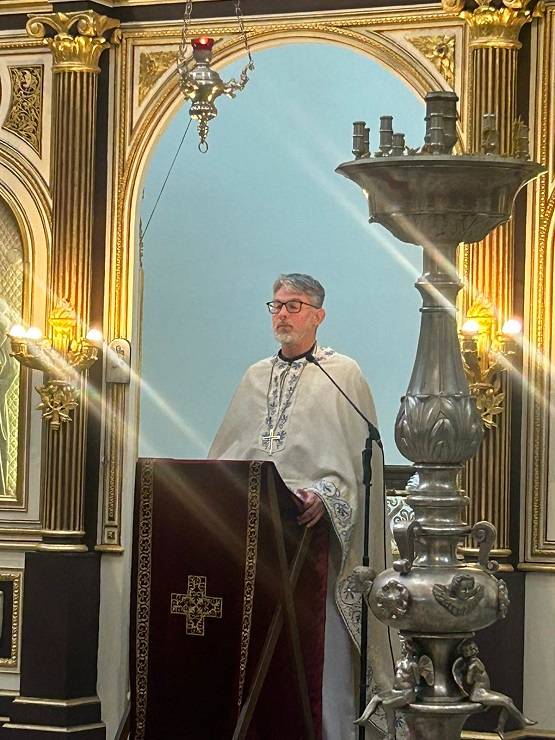
SUNDAY OF THE SAMARITIAN WOMAN IN THE CHURCH OF ST. NICHOLAS IN KOTOR
On the fifth Sunday after the Resurrection of the Lord, today when we celebrate the Samaritan Woman, the Holy Liturgy was served in the Church of St. Nicholas in Kotor.
The Holy Liturgy was presided over by the hierarchal vicar of Kotor-Tivat, the parish priest of Kotor, Archpriest-staurophor Nemanja Krivokapić.
He spoke about the event described in today's Holy Gospel, which tells of the time when the Lord Jesus Christ preached on earth and found himself in the city of Samaria (Shechem). It testifies to Christ's encounter with the Samaritan woman at Jacob's Well.
Speaking in the antagonism that otherwise existed between Jews and Samaritans, Fr. Nemanja says that the inhabitants of this city (Shechem) did not like the Jews, although they were essentially the same people. "Two peoples emerged that practically do not get along with each other. In the story of the Good Samaritan, when Christ explains who our neighbor is, he uses the example of the Samaritan. Then when the Jews did not want to help a Jew, he wanted to show that it does not matter what nation someone is from, but that it is important that they are a person," says Fr. Nemanja. He further talks about the source where the action takes place, that Christ addresses a woman, a Samaritan. The Samaritan woman is surprised because He addresses her as a Jew and asks her for a drink of water: "A woman of Samaria comes to draw water. Jesus says to her, 'Give me a drink.' For His disciples had gone away into the city to buy food. The Samaritan woman says to Him, 'How is it that You, a Jew, ask a drink of me, a woman of Samaria?' For Jews do not associate with Samaritans. Jesus answered and said to her, 'If you knew the gift of God, and who it is that says to you, 'Give me a drink,' you would have asked Him, and He would have given you living water.' The woman says to Him, 'Sir, You have nothing to draw with, and the well is deep; where then do You get that living water? Are You greater than our father Jacob, who gave us the well, and he himself and his sons and his cattle drank from it?'" (4:7-12)
"We learn several things from this Holy Gospel. First, that is Christ the Messiah Who came, Who was announced throughout the Old Testament. It confirms to us most directly that He is the Messiah, announced and prophesied throughout the entire Old Testament, Who was awaited by both.
The other thing we see is that Christ came to overcome the differences between the peoples, to preach the word of God to everyone.
In the Old Testament, the chosen people are the Jews, and in the New, those who believed in the words of Christ. Therefore, the truth is offered to everyone, eternal life is offered to everyone. The one who believed is now Israel and the chosen people, and that is why He addresses both.
Christ knew well where the border between Judea and Samaria is, but He deliberately passes there to offer the word of God to everyone, to those who believe, and we see that there are many Samaritans who are at His word. believed.
The most important thing we learn from this Gospel is what Christ says to the woman that He gives living water. Christ meant what He really brings to us and gives to us.
In the Lord's Prayer we speak of the bread of life, the spiritual bread, i.e. Holy Communion. So this living water is what God gives us to have eternal life, which is why Christ came.
To save us, to suffer, to be crucified, to be resurrected, to conquer death, but what is much more important is to give us the possibility of our further participation in life and gaining eternal life.
This is what He did by founding the Church and life through the Church, through the holy mysteries. First of all, communion and chrismation, by which we become members of the Church, but then also through communion by which we are united with the Lord Himself.
This is the living water and living food that the Lord gives us, the One who came to make us save, to give us eternal life.
He who receives these eternal gifts, this living water, will be saved.
As we hear in the kondak that we sang today, He offers the woman eternal water, and she, having believed, also receives eternal life.
To this Lord, Who came to save us, to give us eternal life and to give us to drink with living water, may glory be forever, amen", said, among other things, Fr. Nemanja.
PHOTOS
RELATED ARTICLES
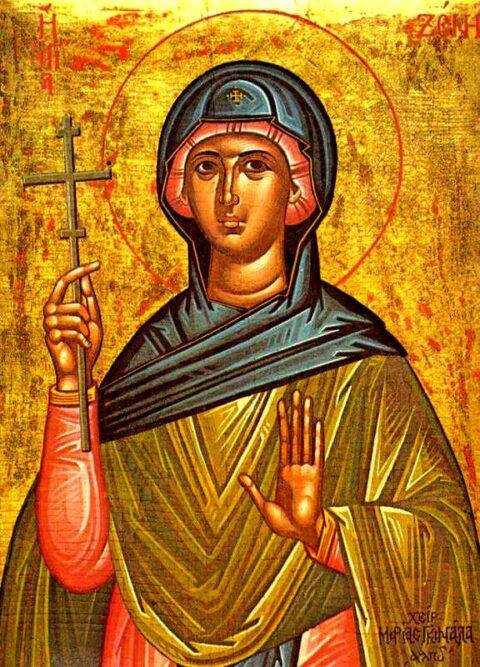
Calendar for February 6 Venerable Xenia of Rome
She was born in Rome as the daughter of a famous senator. When her parents...
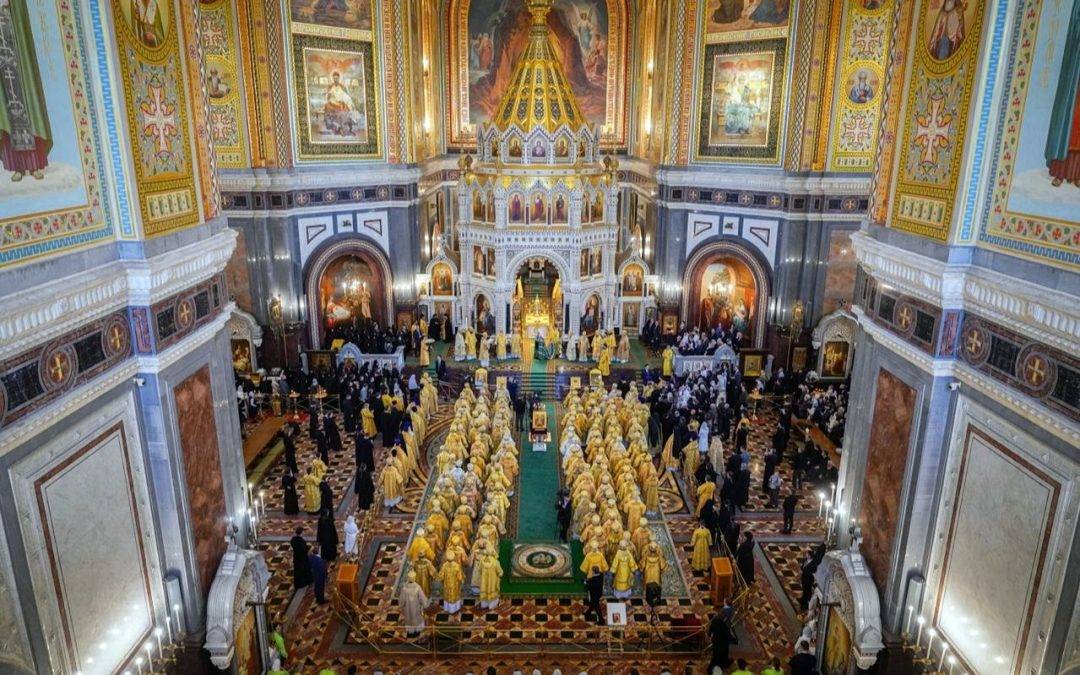
Moscow marks 17th anniversary of Patriarch Kirill's enthronement
On February 1, 2026, the Russian Orthodox Church prayerfully marked the 17th...
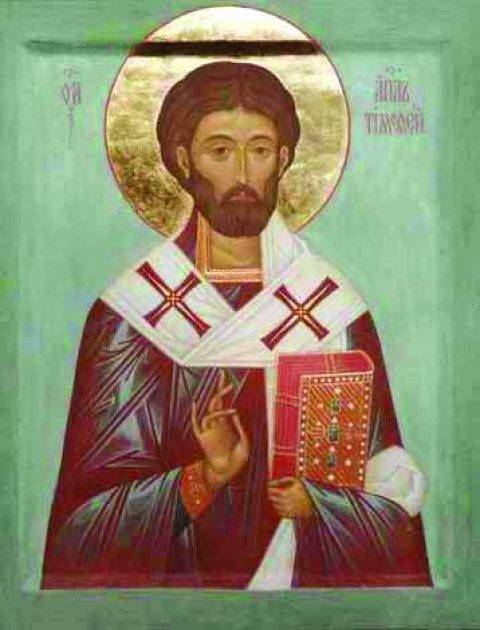
Calendar for February 4 Saint Apostle Timothy
One of the Seventy Apostles, born in Lystra of Lycaonia. His father was Greek...


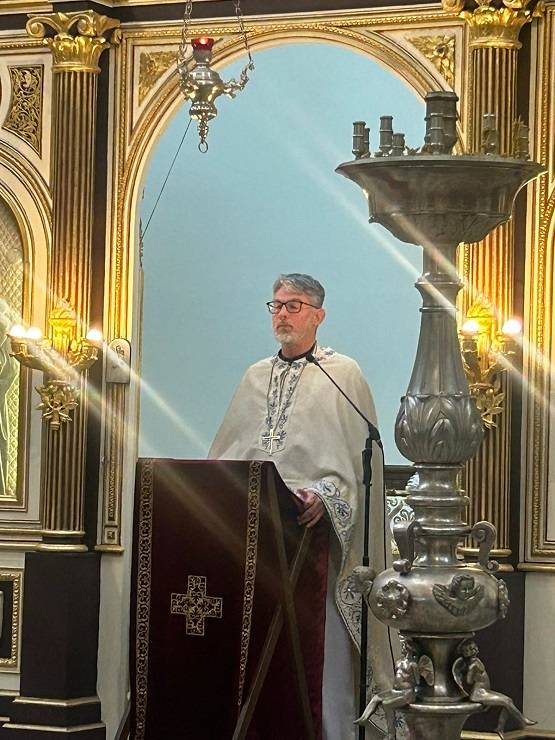

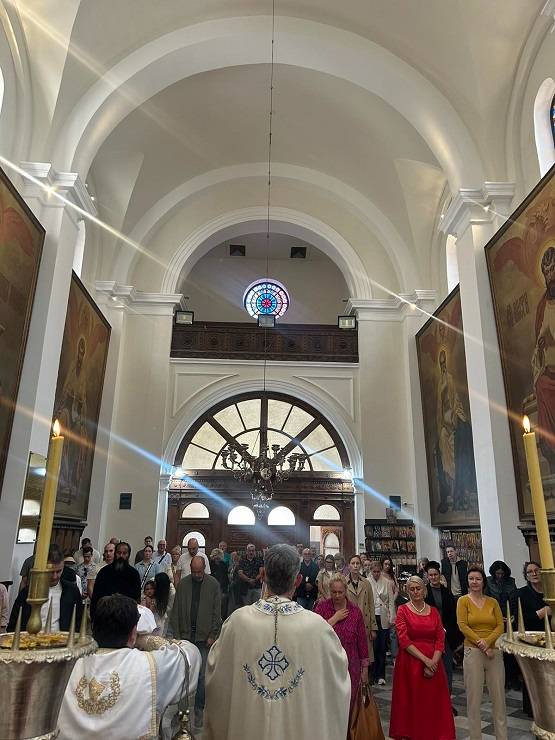
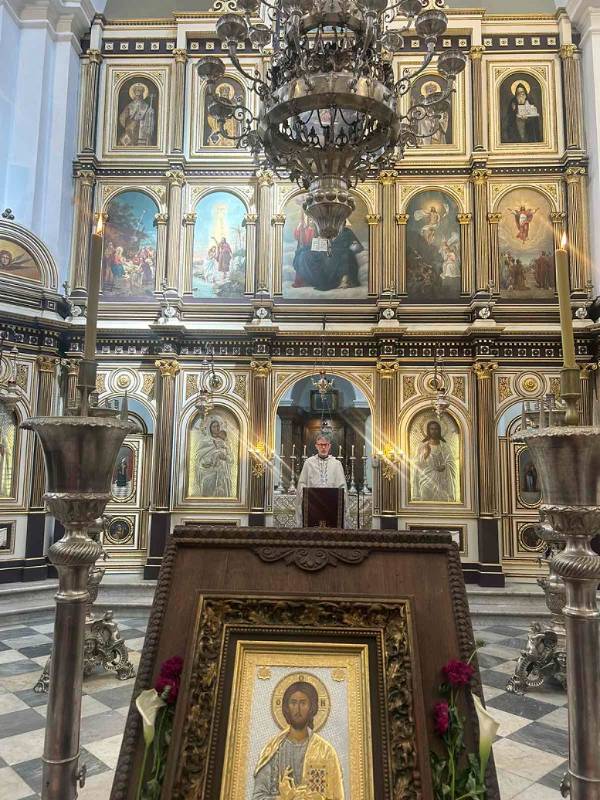
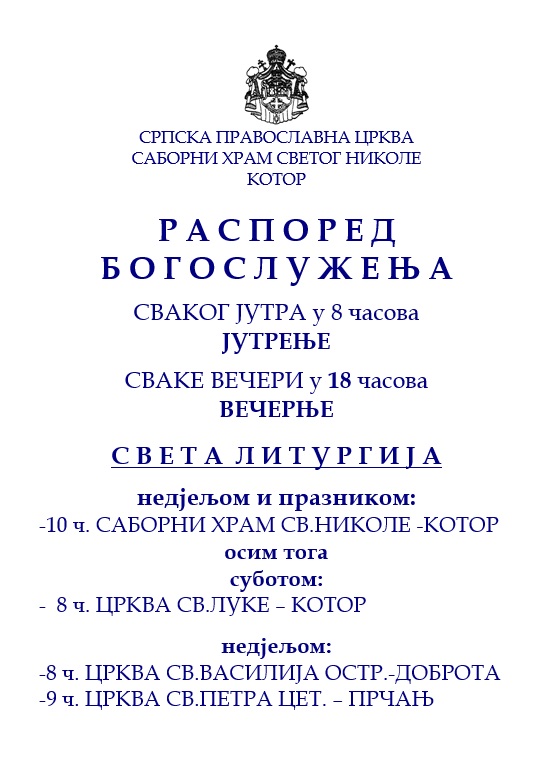
.png)